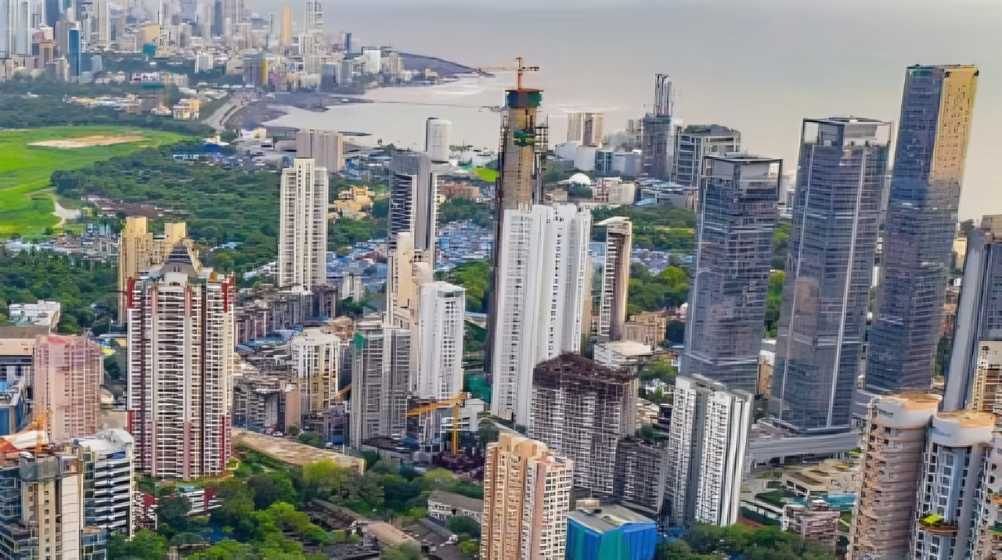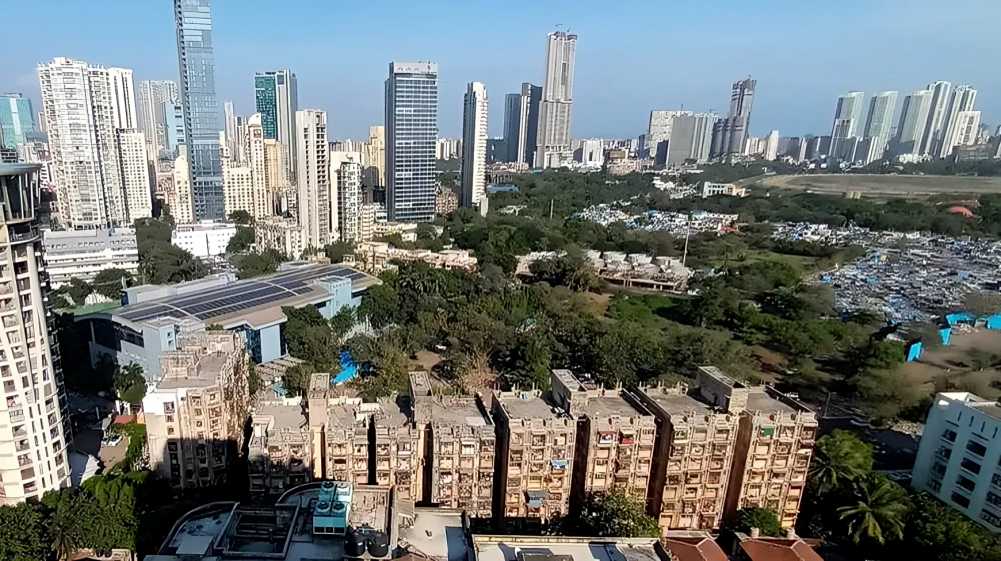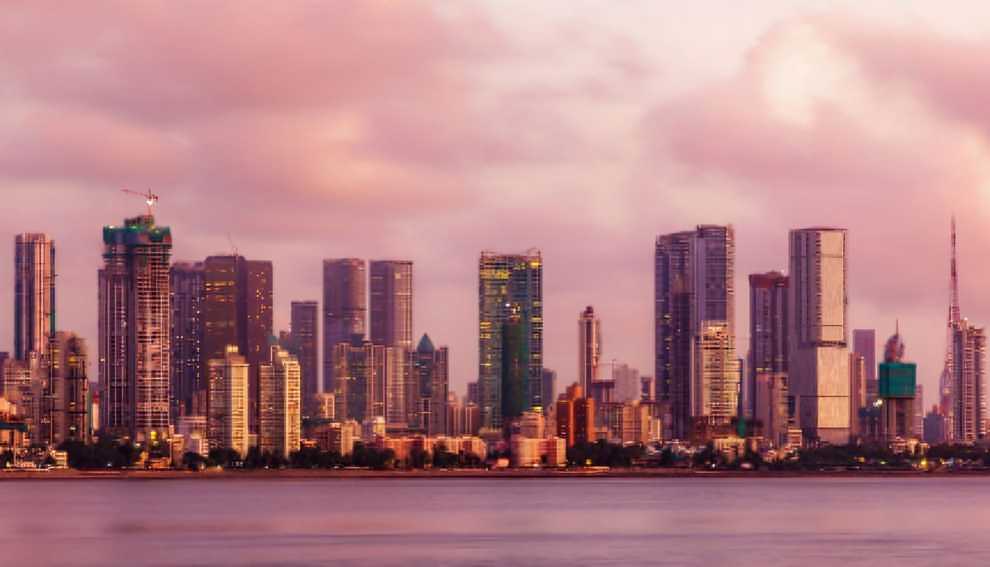November 18, 2025: Every few years, someone predicts that Mumbai’s time as India’s business capital is over. Yet the city keeps proving otherwise. Between 2022 and 2025, office rents in the Mumbai Metropolitan Region rose from Rs 131 to Rs 168 per sq ft — an increase of 28%. That number says something simple but powerful: companies are still choosing Mumbai.
This rise is not a random spike. It reflects steady demand from the sectors that form the backbone of India’s economy — banking, finance, IT, and global service centres. These are not short-term players. They invest in places that give them stability, people, and presence. For them, Mumbai remains a city that works.
What makes this growth different is how widespread it is. Rents are rising not just in top-end towers but across the city — from BKC to Lower Parel to Andheri East. That means it’s not just a few big deals driving prices. It’s broad, steady confidence across the market.
So why do these price spikes prove that Mumbai still matters? Because rising rents in Mumbai are not about scarcity alone, they’re about significance. Companies are willing to pay more because the city offers what few others can’t: access to top talent, proximity to financial power, unmatched connectivity, and a brand value that amplifies credibility.
As India’s financial capital, Mumbai remains the nerve centre of economic decision-making—home to the Bombay Stock Exchange (BSE), the National Stock Exchange (NSE), the Reserve Bank of India (RBI), and the headquarters of leading banks and corporations. No other metro offers the same ecosystem of finance, media, and professional services at this scale. In the corporate world, a Mumbai address still signals seriousness. When firms expand or global players enter India, having a footprint in Mumbai is seen as both a strategic and reputational investment. The higher cost is the price of relevance, and companies are still ready to pay it.
Another telling sign is that more companies are signing long-term leases. In a world where many businesses experiment with flexible offices, Mumbai still inspires commitment. Firms may spread their teams to other cities, but they keep their main base here. That says a lot about where they see their future.
For investors, this is a signal that Mumbai’s office market remains a safe, long-term bet. For the government, it’s a reminder that strong demand must be matched by better roads, transport, and power. And for companies, it’s a practical truth — Mumbai may be costly, but it delivers value in ways other cities cannot.
The rise in rents should not be seen as a warning sign. It shows that Mumbai’s market is alive and healthy. Even as India’s new business hubs grow, Mumbai remains the standard — the city that others compare themselves to.
Decades have passed, and the skyline has changed. But one thing hasn’t: when it comes to business confidence, Mumbai still sets the pace for the rest of India.





